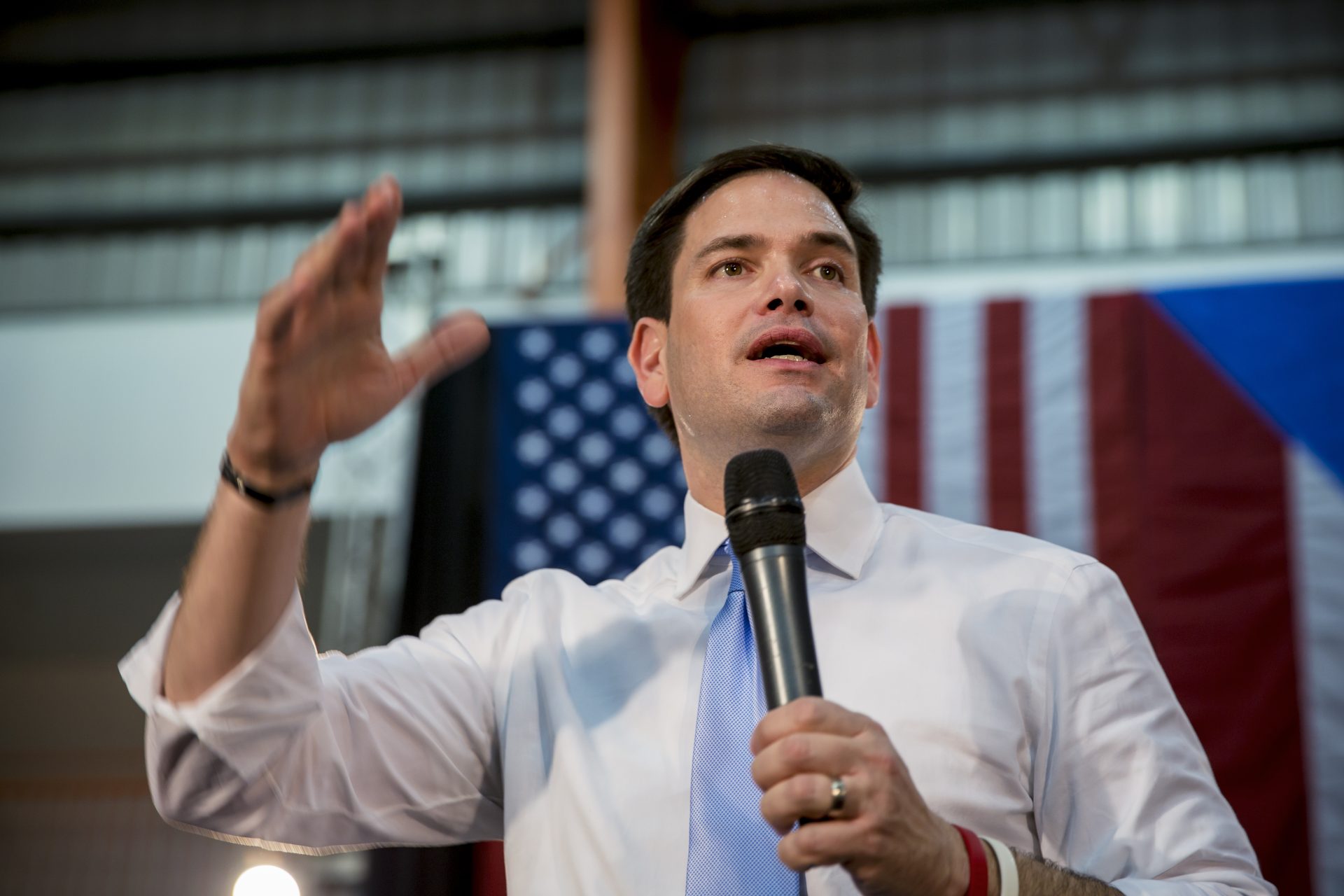
Diplomatic BLOODBATH Shocks Washington!
Secretary Marco Rubio’s brutal State Department overhaul has gutted over 1,300 positions, crippling critical U.S. diplomatic and intelligence functions.
At a Glance
• More than 1,300 State Department staff dismissed, including 7 intelligence analysts and over 100 consular workers.
• Cuts target intelligence, China policy, energy diplomacy, visa fraud, and passport processing.
• Staff placed on administrative leave; rehire possible after hiring freeze ends.
• Senatorial critics warn of weakened national security and diplomatic capacity.
• Restructuring part of wider Trump-era federal workforce reductions.
A Strategic Shake-Up or Self-Inflicted Wound?
The State Department, once a bastion of American diplomatic might, has been dramatically weakened under Secretary Marco Rubio’s reorganization plan. Effective July 11, over 1,300 employees—including key intelligence analysts, consular staff, and energy diplomats—were abruptly dismissed in what Rubio defends as a move toward a “leaner, more efficient” department. The move aligns with Trump’s second-term agenda of downsizing the federal workforce.
Of the affected personnel, 246 are foreign service officers and several are civil servants with specialized expertise. The dismissed staff were placed on administrative leave—20 days for civil servants and up to 120 days for foreign service officers—with the State Department claiming potential rehire after a hiring freeze lifts.
Watch a report: “State Department Layoffs and Global Impact.”
The layoffs have not only provoked internal anxiety but have also sparked widespread criticism. Observers warn that roles essential for understanding and countering threats from China, Russia, and energy sectors are now dangerously under-resourced. Senator Cory Booker and Senator Jeanne Shaheen have both expressed concerns over the erosion of institutional knowledge that could leave America exposed on multiple diplomatic fronts.
Consequences and Controversy
The dismissals span sensitive domains such as intelligence on China, Ukraine, and Russia; policy specialists on energy diplomacy; and fraud detection teams handling visa and passport security. Analysts fear that consolidating expertise into fewer units will compromise U.S. readiness during global crises.
This purge follows a broader strategy of federal downsizing under Trump, including severe cuts at USAID where 94% of staff have been removed since March, further hollowing out America’s global influence. The sweeping changes have also raised constitutional concerns about the executive’s authority to restructure federal agencies without congressional oversight.
Further compounding the issue is the potential delay in consular services, such as passport processing and crisis response abroad. This could endanger citizens overseas and diminish America’s ability to swiftly navigate international emergencies—a trade-off Rubio’s team seems willing to make in pursuit of operational efficiency.
As debates rage in Washington, the long-term cost of stripping away deep expertise and diplomatic infrastructure remains an open—and potentially perilous—question.